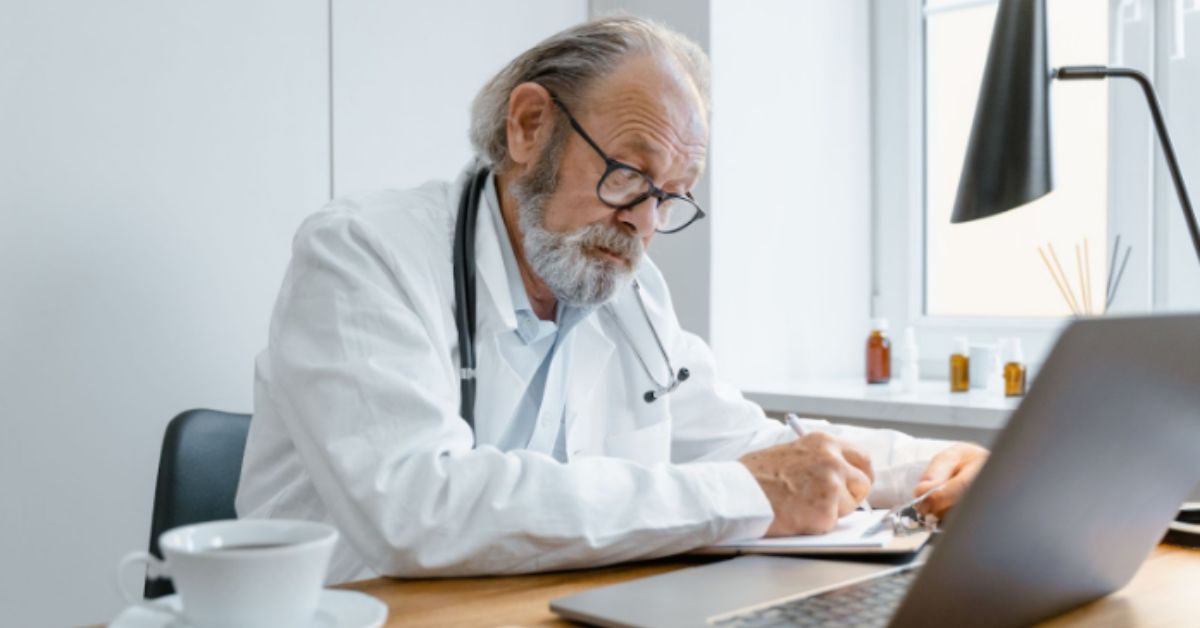
The opioid crisis in America is a major public health concern. With over half a million opioid-related overdoses in 2020 alone, it is becoming increasingly important to understand the dangers of opioids and how prescription medication can lead to lifelong addiction. Clinicians, pharmacists, and patients all play a role in identifying and preventing the nonmedical use of prescription medication. The first step in preventing an opioid overdose is educating yourself on the issue and understanding the warning signs that someone might be abusing prescriptions.
Opioids vs Opiates
When people talk about prescription medication abuse, they are typically referring to opioids though both can be used medicinally. Opiates are chemical compounds that are extracted from natural plant matter, such as Opium, Morphine, Codeine, and Heroin. On the other hand, opioids are synthesized in the lab. The pharmaceutical industry has created over 500 different opioid molecules. Some of the more well-known opioids include Hydrocodone, Oxycodone, Dextromethorphan, Fentanyl, and Methadone. Both opiates and opioids are narcotics and are highly addictive. Signs of opioid and opiate abuse include;
- Uncontrollable cravings
- Drowsiness
- Changes in sleep habits
- Weight loss
- Frequent flu-like symptoms
- Decreased libido
- Lack of hygiene
- Changes in exercise habits
- Isolation from family or friends
- Stealing from family, friends, or businesses
- New financial difficulties
Clinicians
Over 80% of Americans meet with a clinician every year. This puts clinicians in the unique position of being able to identify the warning signs of non-medical use of prescription medication, and potentially take measures to prevent their misuse. By asking about drugs and alcohol services, clinicians can help their patients recognize if a problem exists and provide options for treatment and recovery goals. By taking note of commonly abused prescription drugs and rapid increase in prescription usage and frequent or irregular refill requests, doctors can help determine whether a patient is using their medication responsibly. Prescription drug monitoring systems can be useful tools in the prevention of medication misuse as well. These state-run databases track prescription use and can help identify signs of misuse. Though preventing nonmedical use of prescriptions is an important part of patient care, pain relievers, sedatives, and stimulants do benefit certain patients, so it is important to balance the legitimate medical needs of the patient with their potential for misuse.
Patients
Patients play an important part in the prevention of opioid abuse as well. Many abusers of prescription medication get them from friends or family. To ensure that your mediation does not get misused, there are a few steps that you can take.
- Make sure that you store your medication safely
- Educate yourself on how your medication might interact with any other over-the-counter medication or alcohol.
- Follow the directions provided on the label and by your doctor.
- Always talk to a doctor before changing a dosing regimen or changing prescriptions.
- Never share your medication with anyone else and do not accept medication from others.
- Throw away old or expired medication.
Pharmacists
Pharmacists play a crucial role in the prescription medication process and are the first line of defense when it comes to preventing their misuse. Helping patients understand their prescriptions, how to administer them, and the dangers they pose are all ways that pharmacists can help prevent their misuse. Being able to recognize and respond to behavioral patterns that are indicative of substance abuse is an important responsibility. Along with physicians, pharmacists can use prescription drug monitoring programs to check for irregular activity.
Find Help at American Treatment Network in Newark DE
Even responsibly using patients can end up forming a dependency on their medication, making it difficult to switch to a different medication or stop treatment due to withdrawal. American Treatment Network provides customized integrated health care for all our patient’s physical and behavioral needs in one centralized location. With locations in Dover, DE, Havertown, PA, and Newark, DE, we’ve helped thousands of patients struggling with substance abuse get back to a happy and meaningful life. If you are struggling with opioid or alcohol abuse, reaching out for help is the first step on the road to sobriety.


